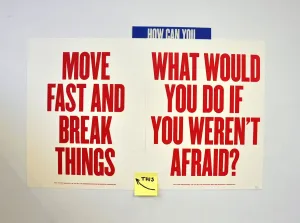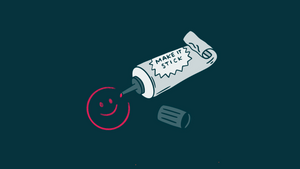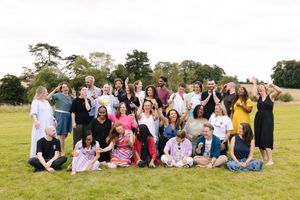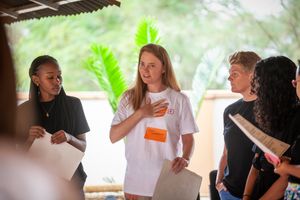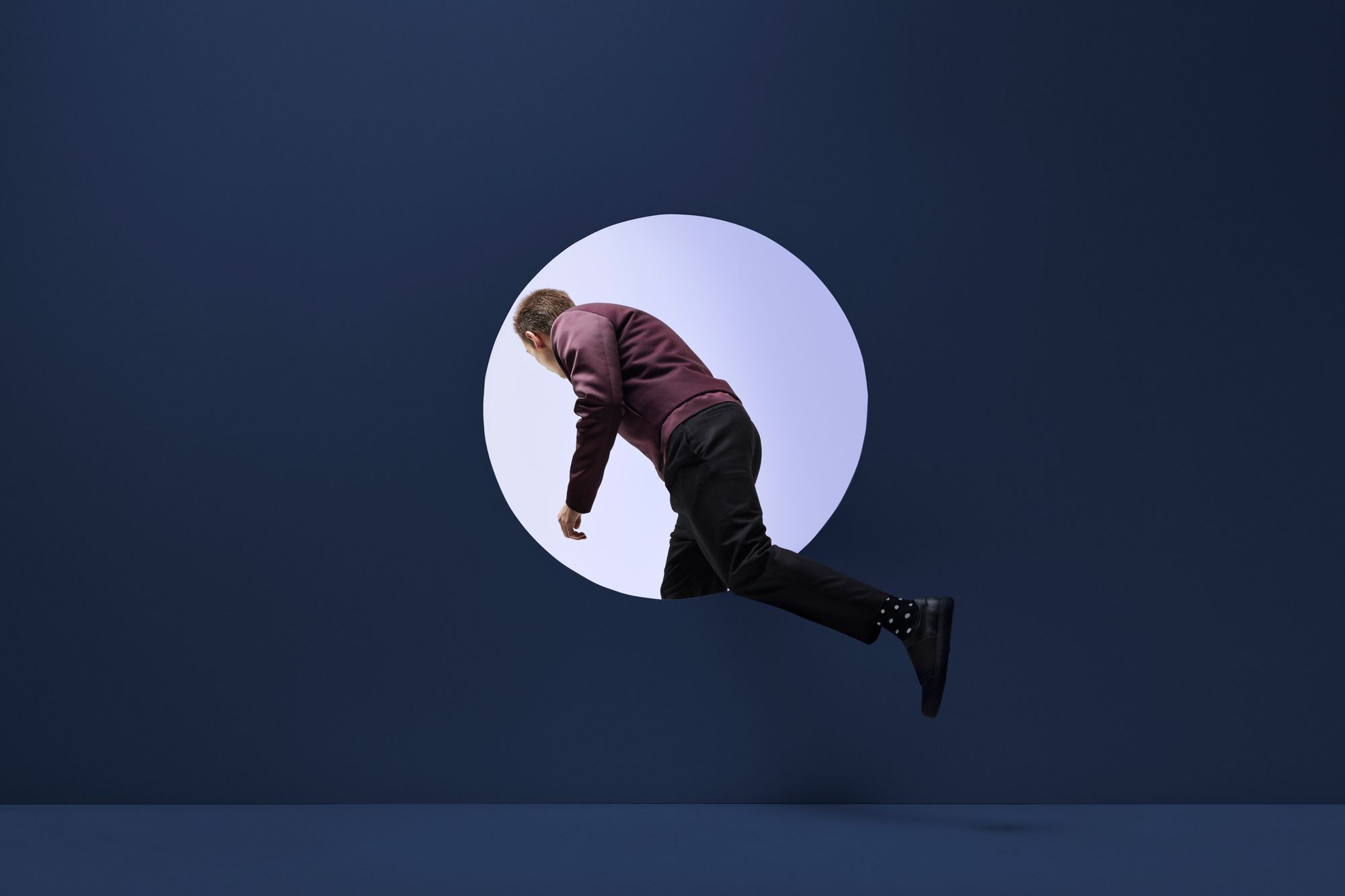
Brink’s Learning and Adaptation Lead, Jess Price, examines how modern institutions must transform themselves before they can begin to help shape a better future for us all.
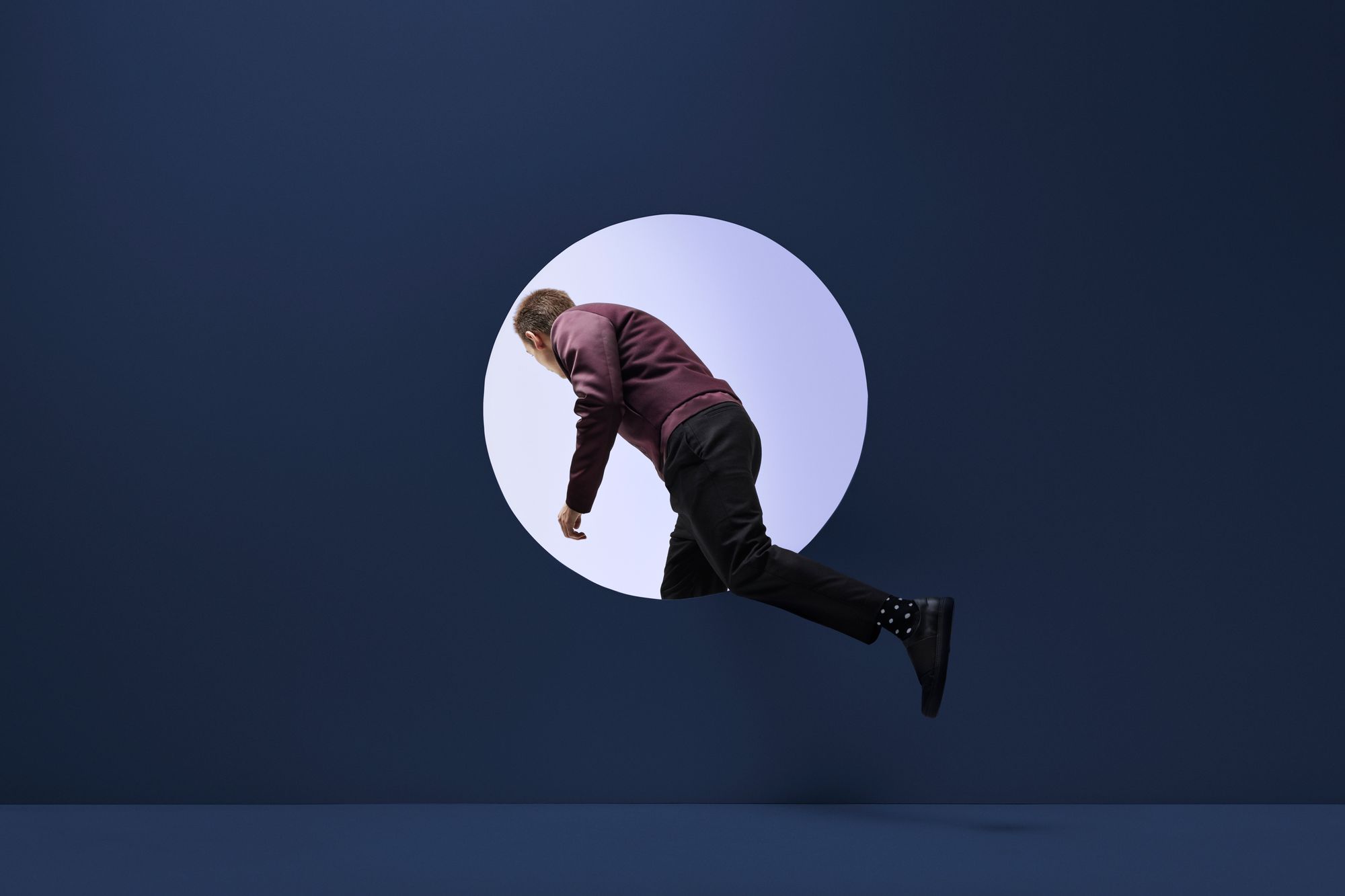
We live in a wild and wonderful world on the brink. The brink of a future radically different from our past - one where the old ways of seeing the world don’t make sense anymore, where our connection to ‘who we have been’ is emphatically divorced from the ‘who we are now’. None of us can know for sure where we’ll end up as a society. But I’m of the view that it could go either way, really.
Like many, I believe that our shared institutions have the responsibility to tip us into a better version of our world, catalysing and shepherding a transformation for the better. While we may disagree on the precise role of modern institutions (governments, big tech, the oil companies, the airlines) in creating change, most of us believe that they have one. We nearly all agree that someone has to do something.
I believe that modern institutions have the responsibility to act. I also think that they have the power - they are the shapers of so much of our present world, after all. But, I also believe that most institutions are not currently built for this role.
Who hasn’t felt frustrated about their government’s role in dealing with ‘what’s going on now’- however they personally define it? Felt fear, anger, or a deadening apathy in the face of a state and society that are unequal to creating the future we need? Tried to hold in their head a vision that meets the seeming minutiae of the state (such as how to best release a prisoner into society) alongside the almost-fictional-seeming challenges of AI, economic collapse, ecological disasters etc. etc.? What should ‘they’, these personified yet impersonal institutions, do about ‘all this’?
These are big questions. And following on their heels, is a smaller but just as crucial one: where to start? At least to this, I have an answer: To get better at changing things, start by getting better at handling change.
What it means to be better at handling change
Change is my livelihood and my passion. My mystery and my mastery. I’ve worked with governments on internal reforms, from accounting systems to civil service hiring to learning cultures; with foundations, to improve their grant making or disrupt giving all together; with NGOs on their management methods; and with Consortia on their governance and team collaboration. All in the name of increasing impact in social progress.
I’m learning more every day about what it takes to change things in an institution, and about what it means to be ‘better at handling change.’ I make sense of my learning through a simple framework that asks:
- Mindsets: how to think and feel
- Methods: how to do things
- Mechanisms: how to organise yourself and have the right incentives in place
(This framework also underpins Brink’s ‘behavioural innovation’ approach, which you can read more about here and here.)
Every organisation is different, as are the needs of each sector and policy area they are involved in. But I’m starting to see some patterns in my work with bi-lateral development agencies, NGOs, start-ups and philanthropic foundations.
These patterns hint at the core capabilities present in those institutions that handle change well. Things like, thinking at the level of the whole system, not just one product or service; adapting ideas and plans based on evidence about what works; and building solutions with others.
Below, I’ve outlined each of these capabilities, dividing them by mindset, method and mechanism and, alongside each one, added a set of questions any organisation should ask themselves in order to start bringing these attributes to life.
The 16 capabilities found in institutions that handle change well
This is a working theory. It’s drawn from my own experience, and inspired by the ideas and evidence expressed by numerous others such as OECD, States of Change, Dark Matter Labs, ODI, and the Centre for Public Impact. My hope is that by posing this list of questions, I can start to find the answers to that overarching conundrum: how our institutions can do better.
Going forward, I’ll be continuing to explore how I and others can be part of transforming our institutions, and in particular, how we can all get better at handling change. Watch this space for more, and get in touch!
